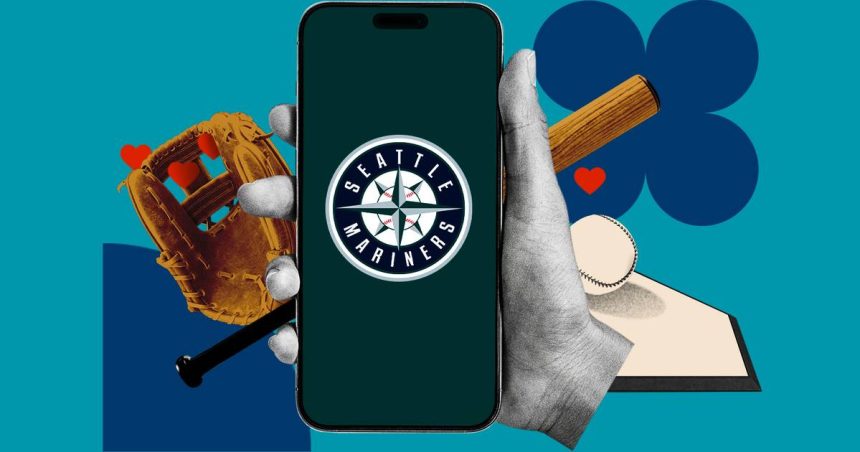This story is the fifth in a series about how marketers for sports teams and leagues around the world approach social media strategy.
The Seattle Mariners are looking to keep things casual. On social media, that is.
In recent years, the team has been making an effort to connect more with younger fans. To do it, the Mariners have embraced a more relaxed and relatable tone of voice than they have in the past and has pushed into what might strike some as nontraditional content for a baseball team, like memes and Twitch streams, according to Tim Walsh, director of digital marketing.
“Our voice has certainly evolved in the time I’ve been here, and we’ve really tried to get more casual, personable, [and] interactive with our fans, really leaning into the meme content and fun angles and casual tone that we can have to be relatable with fans,” Walsh told Marketing Brew.
Curve-ball content
To strike the team’s desired tone online, the Mariners’ marketers have tried to think outside the box when it comes to their posts. Beyond posting stat graphics and replays of big moments, there’s a healthy mix of content across the Mariners’ channels:
- Earlier this season, the team created a series of digital shorts based on their ads from the ’80s, ’90s, and early 2000s designed to appeal to young fans by using humor and showcasing player personalities.
- A few months ago, Mariners players Josh Rojas and Jorge Polanco visited the Mall of America, where they appeared in similar content giving fans a look at the players off the field.
- In that same vein, the Mariners are one of many pro sports teams hoping on the mini mic trend.
Many teams like to show off their players’ personalities on social, and some of the Mariners’ posts seem to have taken that concept a step further. When the team partnered with Starbucks last year, two players spent a day working as baristas, and during last year’s spring training, a group of them drove to In-N-Out Burger in a golf cart. The golf-cart video performed particularly well, according to Walsh, especially considering it was posted prior to the start of the regular season, when teams tend to see engagement dip.
Get marketing news you’ll actually want to read
Marketing Brew informs marketing pros of the latest on brand strategy, social media, and ad tech via our weekday newsletter, virtual events, marketing conferences, and digital guides.
“It’s not expected…to see guys in full uniform, driving on the sidewalk or down the street, and then pulling up to In-N-Out,” he said. “ It’s just a fun piece of content as you’re scrolling.”
X marks the spot
To reach younger fans, the Mariners are particularly focused on Instagram, YouTube, and TikTok, Walsh said, but the team posts across all kinds of platforms. The Mariners use X for real-time updates, and tend to see more activity there on game days, whereas TikTok content doesn’t necessarily have to be as timely, he said.
On TikTok, the team can also reach an audience outside of die-hard Mariners or baseball fans, so for posts on that platform, the team tries to find a “fun angle to play on that relates to a different niche within the TikTok world,” Walsh said. Recent TikTok videos include one of college basketball star Hailey Van Lith throwing a ceremonial first pitch, and another of outfielder and first baseman Luke Raley showing off his Survivor expertise.
The Mariners even have a Twitch account with around 800 followers, a small number compared to 928,000 on Instagram, 731,000 on X, and 430,000 on TikTok. But there have been successes there, too: Walsh said the team went viral in May when pitcher Tayler Saucedo was streaming Call of Duty on Twitch during a game night while out with an injury when the Mariners made a comeback against the New York Yankees. The team capitalized on Saucedo’s enthusiastic reaction by clipping it for social posts, and the moment got some local and national press coverage. The team has even since used it to hype up crowds at T-Mobile Park.
“Even less-produced content does perform better at times, like the memes or just capitalizing on…pop culture things happening,” Walsh said. “If we can find a fun angle or way to jump into those, sometimes that stuff blows up too.”
Read the full article here










